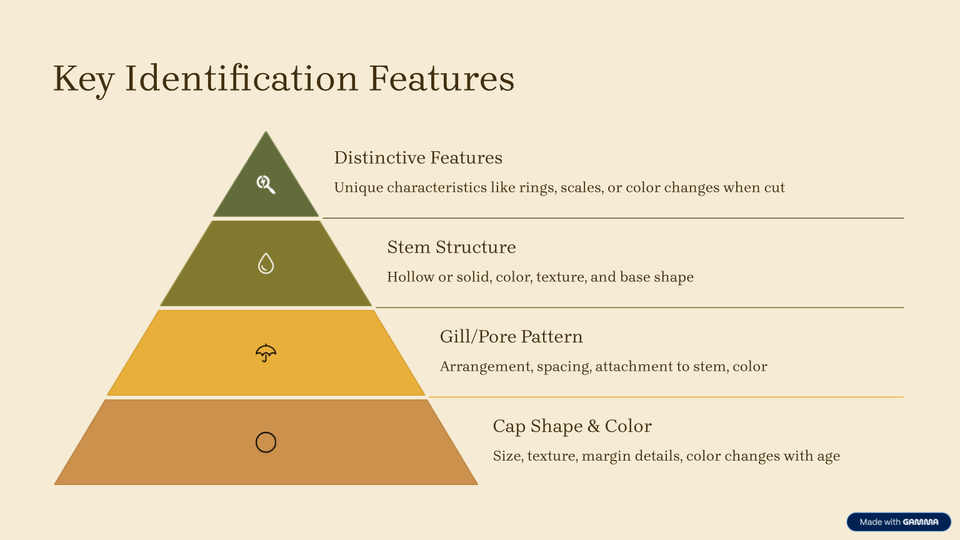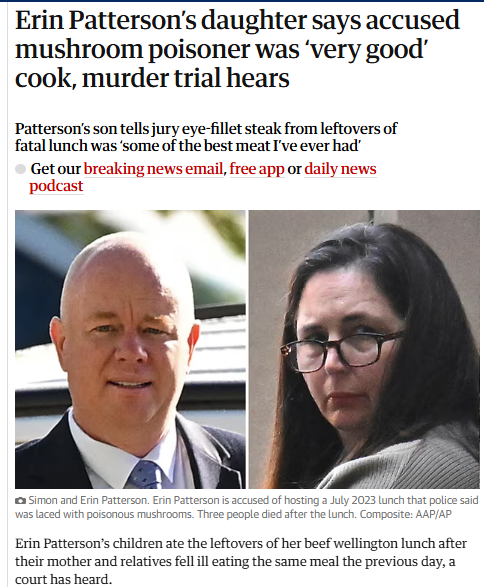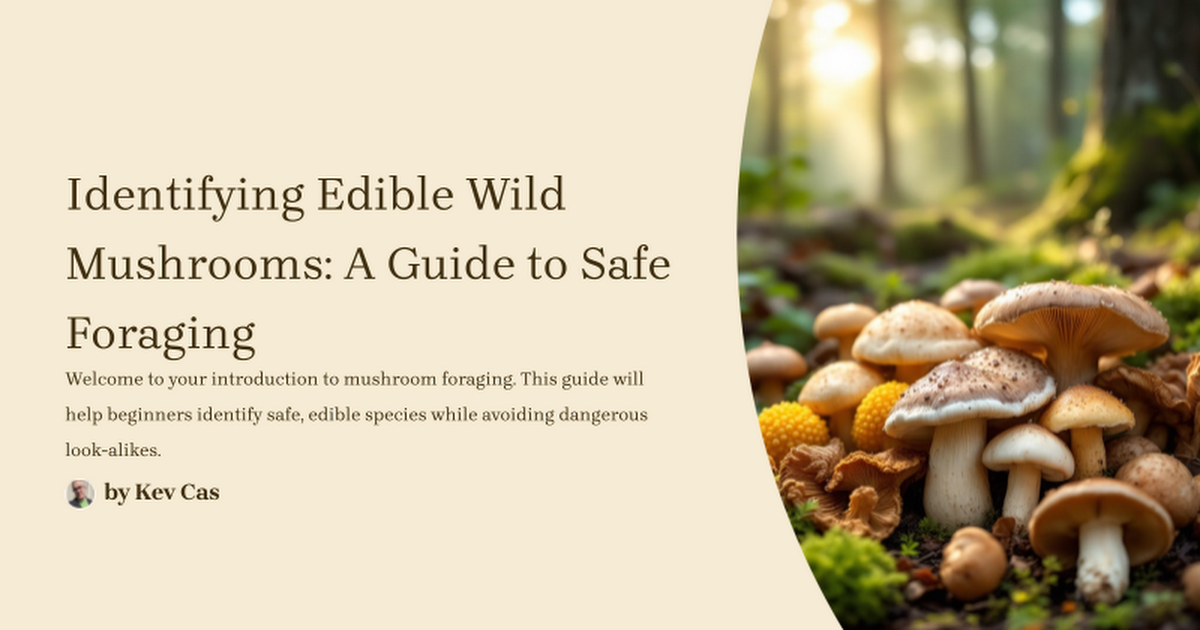Trust in mushrooming AI vs death CAPS

Although death is inevitable it should not necessarily be egregious like bad cooking or an atrocity like an overdone pork chop. Beef wellington is not meant to be a rubber boot leering in your gut until it kicks the life out of you.

Some inlaws and a husband keeled over in suspicious supper circumstances with three people dead, and now the question for an Australian court as the wife is on trial, and the question everybody watching would like to know is, was it something they ate?
Death CAPS
In a world where learning to range artillery and fly drones is a basic survival strategy, much like adding front and back lights to the bike, it should be possible to learn how to spot the good mushrooms from the death caps, per avoidance of a fierce foray into fatal fungal pharmacological effects. Inevitably, like death, I went and asked the AI.
Wild mushrooms

Notwithstanding the fact that it never wants to say no and slips out all sorts of slimy pronouncements, my sudden interest in what spores have in store elicited a contextual GPT prompt.
The AI gave it a shot, as you do, but the best it could say was "ask someone who knows" and "get a good book". Generic, sound advice. Don't eat it if you don't know what it is. Concur.
Trust or bust
But when scanning the slides and tables of generic good versus bad attributes of our fungal friends, and sifting for nuggets of actionable intelligence to stay on the healthy side of the line, the question arises, given that I could flood my living organism with toxins and suffer a supper of agonizing death: Would I trust AI with my life?
After a brief consideration, the answer, arrived at more instantaneously than even the Gamma AI app created the presentation is clear: No.
